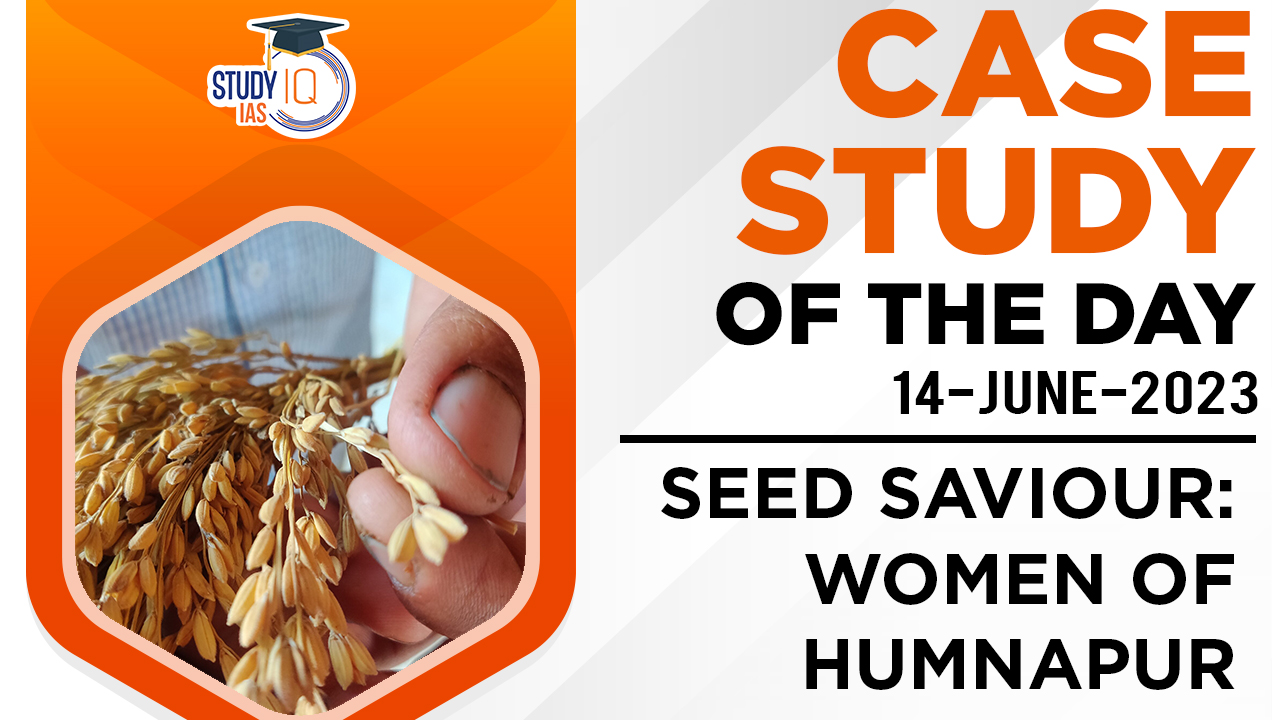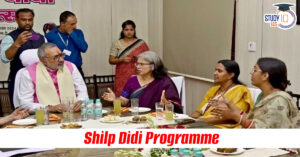Table of Contents
Introduction
- Humnapur is a small village in Telangana, known for its women farmers, who have been preserving native seeds for generations.
- These seeds are important for a number of reasons. First, they are more resistant to pests and diseases than hybrid seeds. Second, they are better suited to the local climate. Third, they are more nutritious.
Challenges
- The women of Humnapur face a number of challenges in their efforts to preserve native seeds. One challenge is the increasing use of hybrid seeds by farmers.
- Hybrid seeds are more expensive than native seeds, but they are also more productive. This has led to a decline in the demand for native seeds.
- Lack of government support for native seed preservation.
- The government has focused on promoting the use of hybrid seeds, which has made it difficult for the women of Humnapur to continue their work.
Solutions
- Despite the challenges, the women of Humnapur have been able to preserve native seeds for generations.
- They have done this by working together to collect, store, and exchange seeds. They have also worked to educate other farmers about the importance of native seeds.
- The women of Humnapur have also received support from non-profit organizations such as the Deccan Development Society, which has helped the women to establish seed banks, train other farmers in seed preservation, and advocate for government support for native seed preservation.
Impact
- The preservation of native seeds has helped to improve food security, increase crop yields, and reduce the use of pesticides.
- The women’s work has also helped to raise awareness of the importance of biodiversity and sustainable agriculture.
Conclusion
- The women of Humnapur are an inspiration to us all. They are showing that it is possible to preserve traditional knowledge and practices in the face of change.
- Their work is a model for sustainable agriculture and food security.
Way Forward
- The government should provide more support for native seed preservation. This could include funding for seed banks, training programs, and advocacy efforts.
- Non-profit organizations should continue to support the work of women farmers such as those in Humnapur.
- Individuals can support native seed preservation by buying local produce, donating to non-profit organizations, and learning more about the importance of biodiversity.


 UNEP Champions of the Earth Award: UN's ...
UNEP Champions of the Earth Award: UN's ...
 Shilp Didi Programme: Empowering Women A...
Shilp Didi Programme: Empowering Women A...
 Is the Falling Rupee a Cause for Alarm?
Is the Falling Rupee a Cause for Alarm?

























